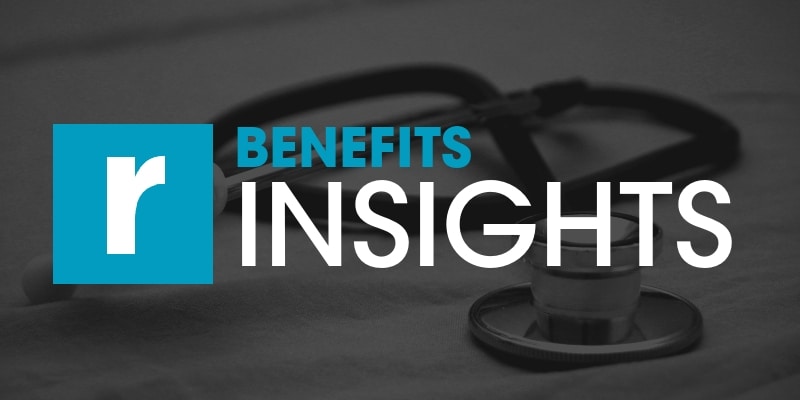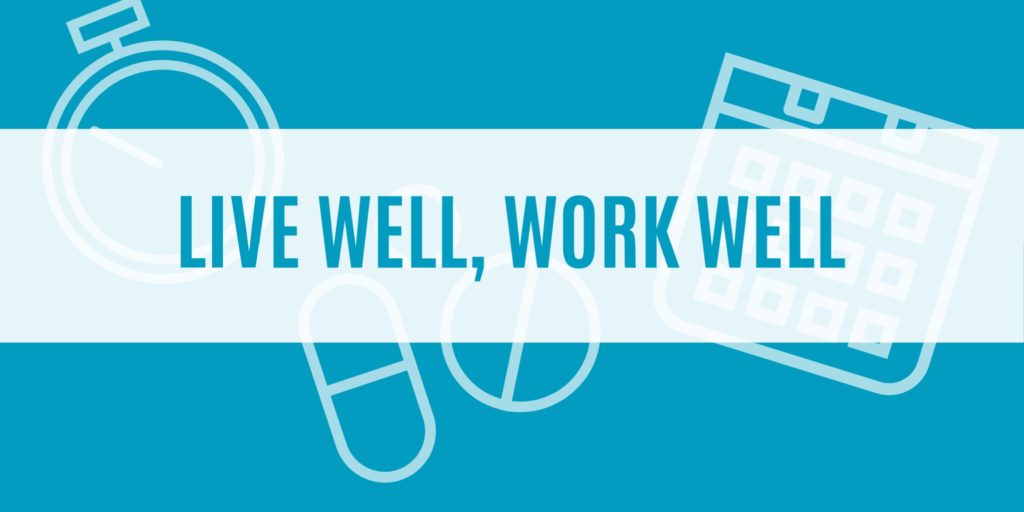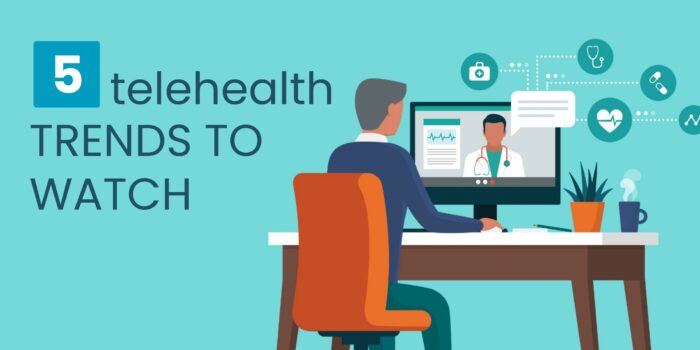09 Apr DOL Issues Model Notices, FAQs for COBRA Subsidy in the ARPA
[wpseo_breadcrumb]
The ARPA provides a 100% subsidy for employer-sponsored group health insurance continued under COBRA and similar state continuation of coverage programs for eligible individuals. The subsidy applies from April 1 through Sept. 30, 2021. The notices and the FAQs appear on a new DOL webpage dedicated to the ARPA COBRA subsidy.


 On April 7, 2021, the U.S. Department of Labor (DOL) issued
On April 7, 2021, the U.S. Department of Labor (DOL) issued  Pet insurance has been a trendy benefit offering in recent years, with around a third (34%) of employers providing some version of this benefit, according to a Willis Towers Watson survey.
Pet insurance has been a trendy benefit offering in recent years, with around a third (34%) of employers providing some version of this benefit, according to a Willis Towers Watson survey. President Joe Biden’s administration recently
President Joe Biden’s administration recently  The foods and beverages you consume have a significant impact on your health. Diet-related chronic diseases—such as cardiovascular disease, Type 2 diabetes, obesity and some types of cancer—are prevalent among Americans and pose a major public health problem.
The foods and beverages you consume have a significant impact on your health. Diet-related chronic diseases—such as cardiovascular disease, Type 2 diabetes, obesity and some types of cancer—are prevalent among Americans and pose a major public health problem. Employers that are interested in cutting their health care expenses are likely familiar with telehealth.
Employers that are interested in cutting their health care expenses are likely familiar with telehealth.